Related Research Articles
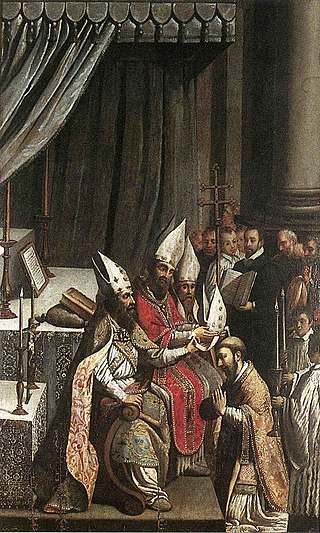
Apostolic succession is the method whereby the ministry of the Christian Church is considered by some Christian denominations to be derived from the apostles by a continuous succession, which has usually been associated with a claim that the succession is through a series of bishops. Those of the Catholic, Eastern Orthodox, Oriental Orthodox, Church of the East, Scandinavian Lutheran, Anglican, Moravian, Hussite, and Old Catholic traditions maintain that a bishop's orders are neither regular nor valid without consecration through apostolic succession. These traditions do not always consider the episcopal consecrations of all of the other traditions as valid.
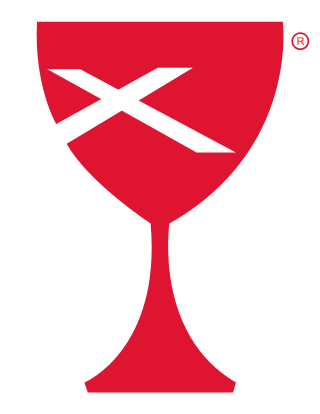
The Christian Church (Disciples of Christ) is a mainline Protestant Christian denomination in the United States and Canada. The denomination started with the Restoration Movement during the Second Great Awakening, first existing during the 19th century as a loose association of churches working toward Christian unity. These slowly formed quasi-denominational structures through missionary societies, regional associations, and an international convention. In 1968, the Disciples of Christ officially adopted a denominational structure. At that time, a group of churches left in order to remain nondenominational.
The United Methodist Church (UMC) is a worldwide mainline Protestant denomination based in the United States, and a major part of Methodism. In the 19th century, its main predecessor, the Methodist Episcopal Church, was a leader in evangelicalism. The present denomination was founded in 1968 in Dallas, Texas, by union of the Methodist Church and the Evangelical United Brethren Church. The UMC traces its roots back to the revival movement of John and Charles Wesley in England, as well as the Great Awakening in the United States. As such, the church's theological orientation is decidedly Wesleyan. It embraces liturgical worship, holiness, and evangelical elements.
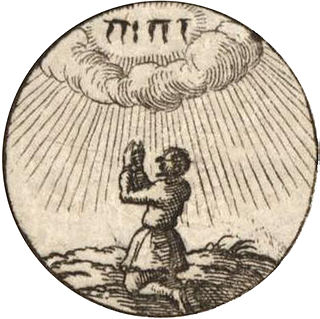
The priesthood of all believers is either the general Christian belief that all Christians form a common priesthood, or, alternatively, the specific Protestant belief that this universal priesthood precludes the ministerial priesthood found in some other churches, including Catholicism and Eastern Orthodoxy.
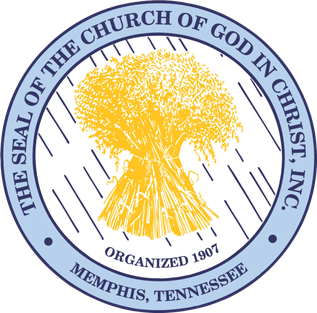
The Church of God in Christ (COGIC) is an international Holiness–Pentecostal Christian denomination, and a large Pentecostal denomination in the United States. Although an international and multi-ethnic religious organization, it has a predominantly African-American membership based within the United States. The international headquarters is in Memphis, Tennessee. The current Presiding Bishop is Bishop John Drew Sheard Sr., who is the Senior Pastor of the Greater Emmanuel Institutional Church of God in Christ of Detroit, Michigan. He was elected as the denomination's leader on March 27, 2021. On November 12, 2024, Bishop Sheard was re-elected by acclamation to serve another four-year term as the presiding bishop and chief apostle of the denomination.

The Church of God, with headquarters in Cleveland, Tennessee, United States, is an international Holiness-Pentecostal Christian denomination. The Church of God's publishing house is Pathway Press.

The United Church of Christ (UCC) is a socially liberal mainline Protestant Christian denomination based in the United States, with historical and confessional roots in the Congregational, Restorationist, Continental Reformed, and Lutheran traditions, and with approximately 4,600 churches and 712,000 members. The UCC is a historical continuation of the General Council of Congregational Christian churches founded under the influence of New England Puritanism. Moreover, it also subsumed the third largest Calvinist group in the country, the German Reformed. Notably, its modern members have theological and socio-political stances which are often very different from those of its predecessors.
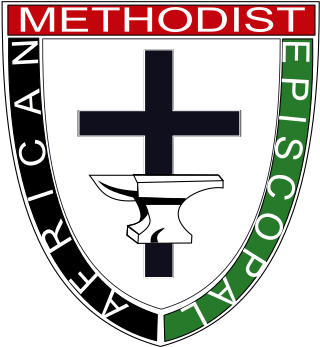
The African Methodist Episcopal Church, usually called the AME Church or AME, is a Methodist denomination based in the United States. It adheres to Wesleyan–Arminian theology and has a connexional polity. It cooperates with other Methodist bodies through the World Methodist Council and Wesleyan Holiness Connection.
The National Association of Free Will Baptists (NAFWB) is a national body of Free Will Baptist churches in the United States and Canada, organized on November 5, 1935 in Nashville, Tennessee. The Association traces its history in the United States through two different lines: one beginning in the South in 1727 and another in the North in 1780. The "Palmer line," however, never developed as a formal denomination. It consisted of only about three churches in North Carolina. The NAFWB is the largest of the Free Will Baptist denominations.
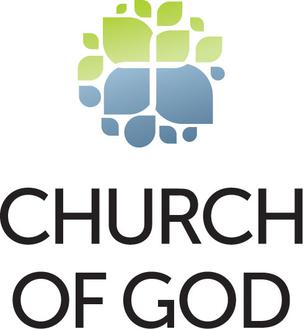
The Church of God , also called the Church of God Ministries, is an international holiness Christian denomination with roots in Wesleyan-Arminianism and also in the restorationist traditions. The organization grew out of the evangelistic efforts of several Holiness evangelists in Indiana and Michigan in the early 1880s, most notably Daniel Sidney Warner.

The Church of God of Prophecy (COGOP) is a Holiness Pentecostal Christian Church. It is one of six Church of God bodies headquartered in Cleveland, Tennessee that arose from a small meeting of believers who gathered at the Holiness Church at Camp Creek near the Tennessee/North Carolina border on Saturday, June 13, 1903. The Church of God of Prophecy has congregations and missions in over 135 countries, with a membership of over 1,500,000. Membership in the United States as of 2010 was 98,407 in 1,743 churches. Ministries of the Church include homes for children, bible training institutes, youth camps, ministerial aid, and Spirit and Life Seminary. The Church operates Fields of the Wood, a Bible theme park and popular tourist attraction, near Murphy, North Carolina.

The Missionary Church is an evangelical Christian denomination of Anabaptist origins with Wesleyan and Pietist influences.

The Pentecostal Church of God (PCG) is a Finished Work Pentecostal denomination of Christianity headquartered in Bedford, Texas, United States. As of 2010, there were 620,000 members, 6,750 clergy in 4,825 churches worldwide.
The Church of God, International (CGI) is a nontrinitarian Christian denomination based in the United States, an offshoot of the Worldwide Church of God (WCG) founded by Herbert W. Armstrong. It is one of many Sabbatarian Churches of God to separate from WCG.

Charles Price Jones Sr. was an American religious leader and hymnist. He was the founder of the Church of Christ (Holiness) U.S.A.

The Protestant Reformed Churches in America is a Protestant denomination of 33 churches and over 8,000 members.

Smith Wigglesworth was a British evangelist who was influential in the early history of Pentecostalism.
Leroy Charles Hodapp distinguished himself as a Methodist pastor, district superintendent, Annual Conference official, and bishop of the United Methodist Church (U.M.C.) who was elected in 1976.

The Assemblies of God USA (AG), officially The General Council of the Assemblies of God, is a Pentecostal Christian denomination in the United States and the U.S. branch of the World Assemblies of God Fellowship, the world's largest Pentecostal body. The AG reported 2.9 million adherents in 2022. In 2011, it was the ninth largest Christian denomination and the second largest Pentecostal denomination in the United States. The Assemblies of God is a Finished Work denomination, and it holds to a conservative, evangelical and classical Arminian theology as expressed in the Statement of Fundamental Truths and position papers, which emphasize such core Pentecostal doctrines as the baptism in the Holy Spirit, speaking in tongues, divine healing and the Second Coming of Jesus Christ.
Conservative Mennonites include numerous Conservative Anabaptist groups that identify with the theologically conservative element among Mennonite Anabaptist Christian fellowships, but who are not Old Order groups or mainline denominations.
References
- 1 2 3 Lewis, James R. (1998). The Encyclopedia of Cults, Sects, and New Religions. Amherst, New York: Prometheus Books. ISBN 1-57392-222-6.
- ↑ "Varnell, Bishop Albert Franklin".
- ↑ "Hillside Bethel Ministries: About HBT Ministries".